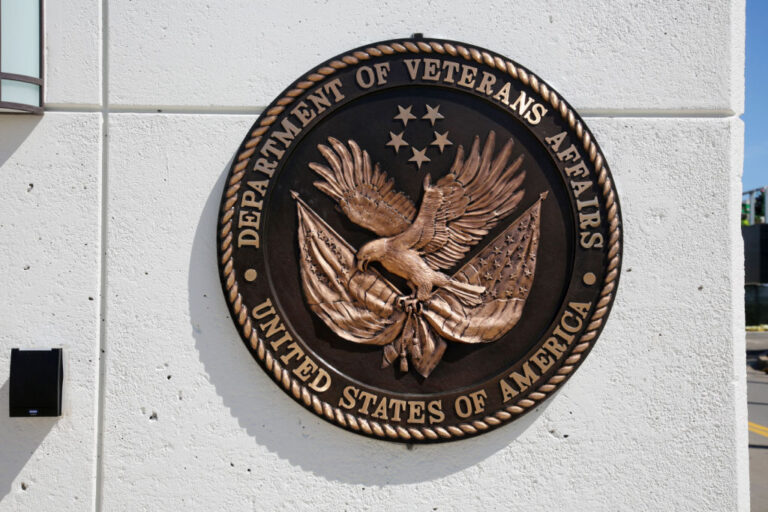The VA’s Proposed Budget for 2025: Prioritizing Veterans
The Department of Veterans Affairs (VA) unveiled its proposed budget for fiscal year 2025 in March 2024. This proposal requested a significant increase in overall spending, with a focus on disability compensation and other essential programs for veterans. Here’s a breakdown of the key aspects:

Increased Overall Budget: The VA requested a total of $369.3 billion, representing a nearly 13% increase from the previous year’s funding. This growth is primarily driven by mandatory spending, which covers core benefits like disability compensation.
Focus on Disability Compensation: The proposed budget allocates a substantial portion of mandatory funding, $210.6 billion, to traditional veteran benefits. This includes an anticipated increase in disability payments to nearly 6.9 million veterans and their survivors. The VA expects to fulfill its “sacred obligation” to veterans by ensuring timely and adequate disability compensation.
Cost of War Toxic Exposures Fund: A significant addition is the $24.5 billion designated for the Cost of War Toxic Exposures Fund. This fund, mandated by the PACT Act of 2022, aims to compensate veterans who have health conditions linked to exposure to burn pits, Agent Orange, and other environmental hazards during their service.
Prioritizing Other Programs: While disability compensation takes center stage, the budget also proposes increased funding for other crucial programs:
- Mental Health: Recognizing the mental health challenges faced by veterans, the proposal allocates resources to enhance mental health services and suicide prevention programs.
- Family Caregivers: The VA acknowledges the vital role caregivers play in veterans’ lives. The budget proposes increased support for family members who provide care to veterans.
- Ending Veteran Homelessness: The fight against veteran homelessness remains a priority. The budget allocates additional funding to programs aimed at permanently housing veterans.
- Benefits Delivery: The VA aims to improve the efficiency of processing disability claims and delivering other benefits to veterans in a timely manner.
Shifting Resources: Interestingly, the proposed budget features a decrease in the discretionary budget request, which covers operational expenses. This suggests a potential reduction in VA staff or a reallocation of resources within the department.
Next Steps: The VA’s proposal is just the first step in the budget process. Congress will review and debate the proposal before finalizing the budget for fiscal year 2025. Veteran advocacy groups will likely play a role in lobbying for the programs and funding levels they deem most important.
Overall Impact: If approved by Congress, the VA’s proposed budget would represent a significant investment in the well-being of veterans. The increased funding for disability compensation, toxic exposure care, and other programs would provide much-needed support to millions of veterans and their families. However, concerns regarding potential staff reductions within the VA require further scrutiny.
Veterans: Get the Benefits You Deserve
If you or a family member is a veteran who has been denied benefits, getting a VA disability attorney involved in your case can be a smart move. Cases that involve an attorney have proven to often have a higher likelihood of being approved than cases that do not.
There’s no reason to delay an initial conversation, as many VA attorneys don’t charge any fees unless a case is won and benefits are awarded.







